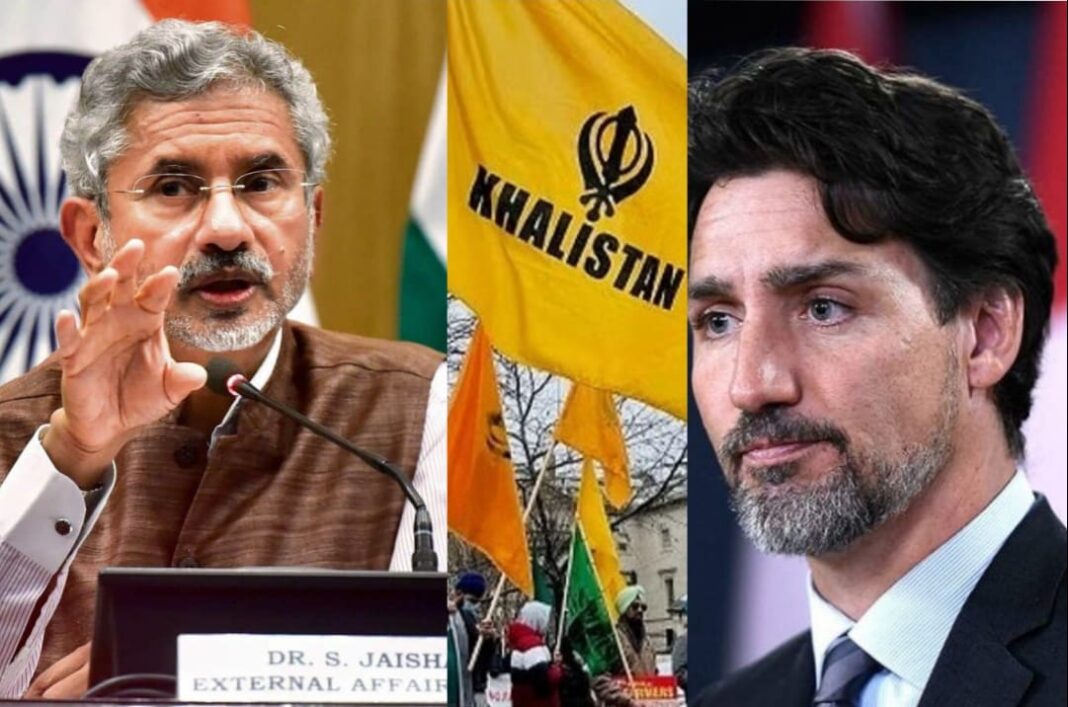New Delhi, June 09: Indian External Affairs Minister S. Jaishankar voiced sharp criticism towards Canada, highlighting it providing a platform for separatist and extremist groups. He emphasized the potential negative repercussions on the bilateral relationship between the two nations.
The comments came in response to images circulating on social media showing a float in Brampton, Canada, allegedly celebrating the assassination of former Indian Prime Minister Indira Gandhi. The float was part of a parade organized by Khalistani elements.
Addressing the issue, Minister Jaishankar highlighted the broader problem of allowing space for individuals who advocate violence, extremism, and separatism.
He expressed concern regarding the disproportionate platform provided to separatists, extremists, and advocates of violence, highlighting its detrimental impact on relationships and the overall well-being of Canada.
Responding to the controversy, Canadian High Commissioner in India, Cameron MacKay, took to Twitter emphasizing that there is no place in Canada for “hate or for the glorification of violence” while categorically condemning these activities.
However, despite repeated protests from the Indian government, Canada has continued to permit Khalistan-related processions, demonstrations, and other activities, citing “freedom of speech and expression” as justification.
This issue is not unique to Canada, as similar concerns have been raised regarding the allowance of separatist groups in other Western countries like the United Kingdom, the United States, and Australia, prompting India’s consistent protests.
Recent incidents of violence, including attacks on the Indian High Commission in London, the Indian consulate in Brisbane, Australia, and several assaults on Hindu temples, have further escalated the law-and-order challenges in these countries and affected bilateral relations with India.
While freedom of speech has been cited as the primary justification for allowing such activities, it appears that political considerations, particularly in relation to ‘vote bank politics’, have influenced decisions.
The Sikh community in Canada constitutes 2.1% of the population and is the country’s fastest-growing and fourth-largest religious group. Their significant support base for Canadian Prime Minister Justin Trudeau may explain his apparent support for separatist and extremist elements.
This situation is not only a matter of concern for India but also poses significant challenges to law and order in Canada, fueling anti-Hindu sentiments and social clashes.
Adding to the existing strain in India-Canada relations, Prime Minister Trudeau’s National Security Adviser, Jody Thomas, recently identified India as a significant source of foreign interference in Canada.
In response, Minister Jaishankar aptly remarked, “The pot calling the kettle black.”
Furthermore, exacerbating the tension, the Canada Border Services Agency (CBSA) recently sent deportation notices to around 700 Indian students, alleging their involvement in visa fraud through the use of fraudulent admission letters. The affected students, however, claim to have been deceived by agents involved in the process.
These issues have resulted in a notable strain in India-Canada relations in recent years, hindering the realization of their full bilateral potential.
As India gains centrality in global politics, Canada faces the challenge of managing vote bank politics while simultaneously bolstering bilateral ties with this Indo-Pacific powerhouse.






